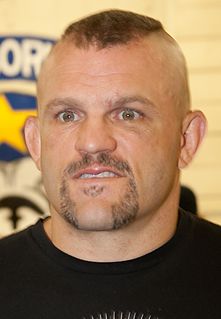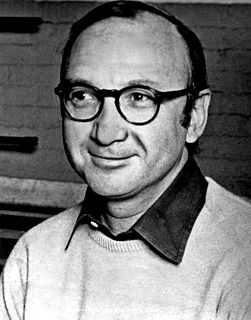A Quote by Anders Hejlsberg
I work day-to-day on C# and .Net and work at home two days a week so I can do deep thinking, writing and reflecting.
Quote Topics
Related Quotes
Once you explore life outside of work, it becomes addictive. The less you work, the less you want to work. At first, the odd afternoon off seems like a fantastic luxury. Before long, you are opting for a four-day week. Then a four-day week becomes an intolerable demand on your time, so you find a way of moving to a three-day week.



































